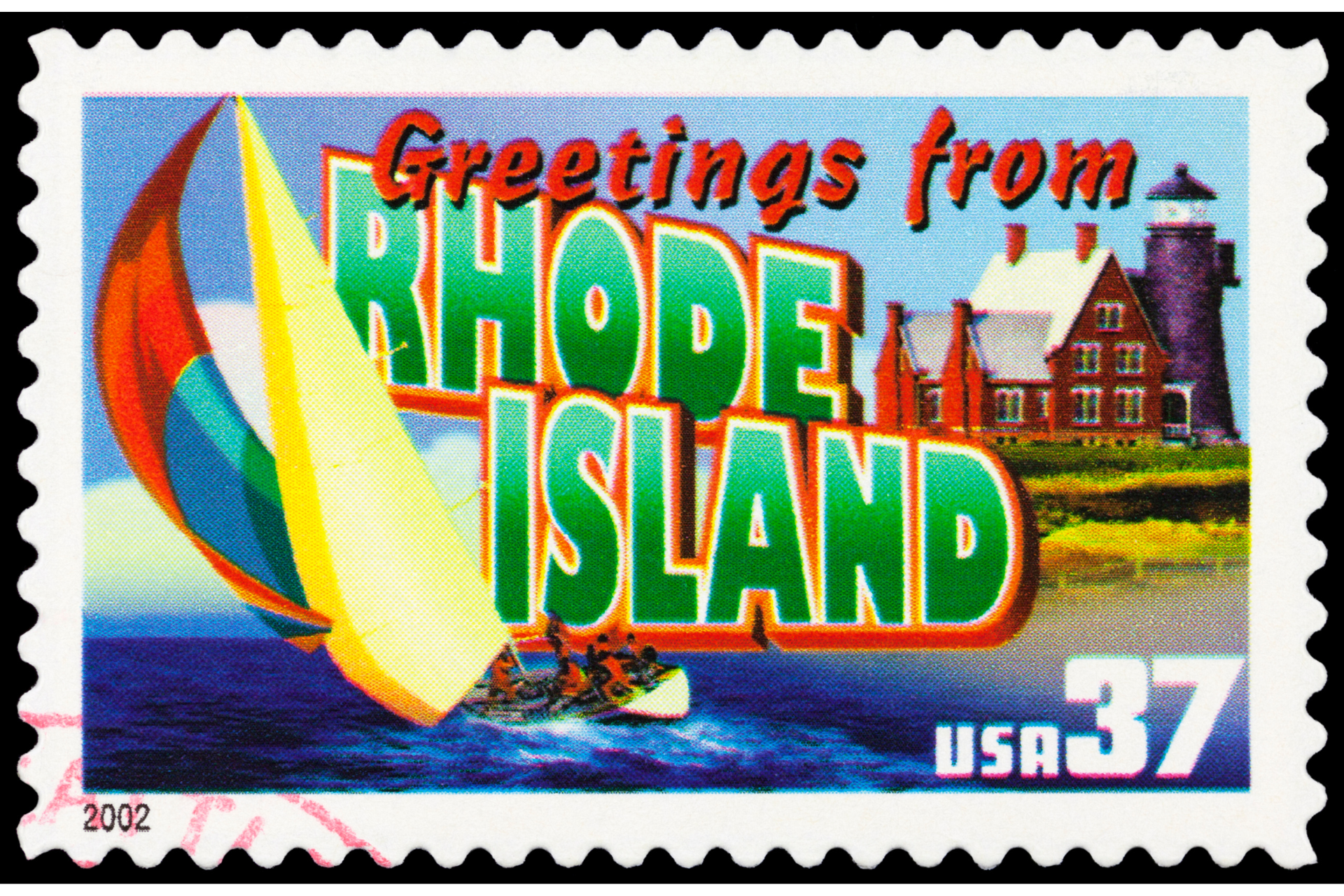A COFA, or Compact of Free Association, is a special treaty between two independent nations. The United States has COFAs with three countries: the Republic of the Marshall Islands, the Federated States of Micronesia, and the Republic of Palau. Sometimes these nations are called “COFA nations” or “COFA states.” They are also known as the FAS, or freely associated states.
The use if the word “state” might be a little confusing here. When referring to the FAS, the use of “state” as a synonym for “country.”
All three of the COFA nations consist of groups of islands.
A COFA is a type of bilateral treaty between two countries
Sometimes free association is presented as a political status, somewhere between independence and being part of another nation. We see commenters making a distinction between “free association and complete independence.” This is misleading. All the COFA nations are completely independent nations. The COFAs are essentially treaties, which is to say they are agreements between two sovereign nations.
What do the COFAs have in common?
All three of the COFAs between the United States and other nations have certain things in common:
- They give the United States rights and privileges associated with military and defense issues.
- They require the United States to provide defense and military protection for the other nations.
- They include limited, targeted financial contributions from the United States to the other nations.
- They include special rules for travel between the COFA nations and the United States.
The details vary. For example, Americans can live and work freely in the FSM, but must have a visa and a work permit to do so in Palau. The financial support for the Marshall Islands has included some compensation for the nuclear testing that took place there. All three of the COFA nations’ citizens have the freedom to work, live, and study in the United States as non-immigrant residents, but they are not U.S. citizens.
Each Compact of Free Association is negotiated between representatives of the two countries involved. The U.S. State Department is a leader in the negotiations.
A COFA is not permanent
A COFA is negotiated for a specific time period, and may change during that time. It is not a settled, permanent relationship between the nations involved in the compact. It is a specific agreement on certain points, mainly economic in nature. U.S. military rights are not spelled out in the COFAs. U.S. national security authority in these nations is considered a permanent core part of the relationship and generally not subject to negations.
The COFA with Palau came into effect in 1994, and was amended in 2010 and extended in 2018, with amendments in 2023, and will require renewal in 2024. Palau’s COFA requires review by the government of Palau on the 15th, 30th, and 40th anniversaries of the compact. The other two COFAs ran from 1986 to September of 2023, and were renegotiated and renewed in 2023 but not funded until 2024.
Either side of the agreement can decide to end the COFA.
Some of the details of the relationship can also be changed without changing the COFA. For example, COFA migrants living in the United States qualified for certain federal benefits, such as Medicaid, until 1996, when Congress unilaterally terminated eligibility. Medicaid benefits for COFA migrants were restored by Congress in 2020. Other federal benefits for COFA migrants that were taken away by the U.S. Congress in 1996 were similarly restored in 2024.
A COFA for Puerto Rico?
Puerto Rico’s political landscape includes people who want to see Puerto Rico develop a Compact of Free Association with the United States. Often, supporters of this option do not recognize that Puerto Rico would need to be an independent nation in order to make an international treaty with the United States. Some supporters of a Puerto Rico-U.S. free association do not recognize the impermanent of the COFA provisions and suggest that Puerto Ricans would continue to be U.S. citizens, though no COFA nations have this arrangement. In fact, some of the descriptions of free association each the “best of both worlds” rhetoric which for decades characterized the discussions of the “enhanced commonwealth” idea which has been repeatedly rejected by all three branches of the federal government.
The Puerto Rico Status Act, legislation pending before Congress, provides for a new plebiscite in Puerto Rico that would enable voters a choice from among statehood, independence or free association as a new political status for Puerto Rico. With two of the three options essentially representing independence has been confusing to observers, but the parameters of COFAs are clear and consistent among the current three freely associated states.
What’s a Freely Associated State? – PUERTO RICO REPORT


